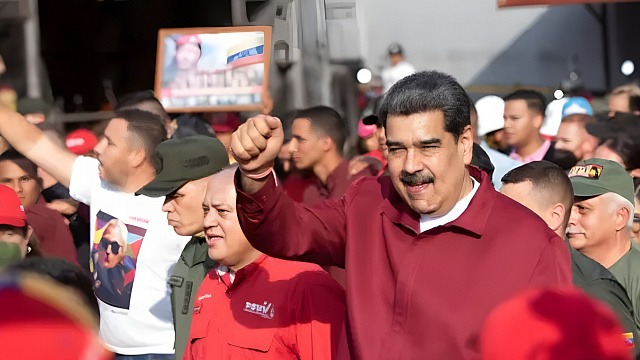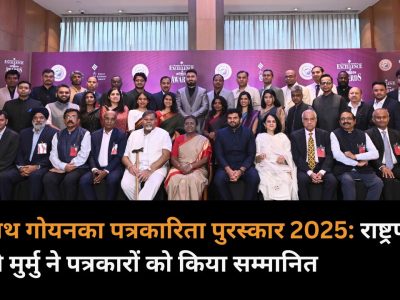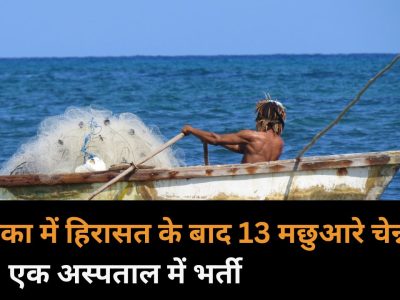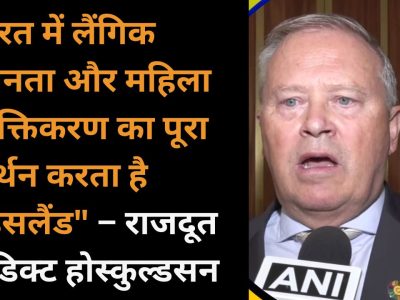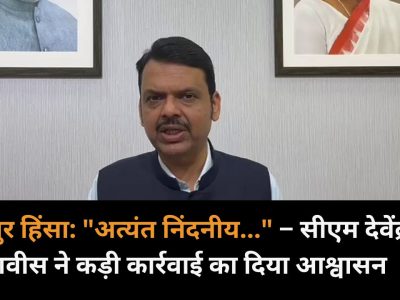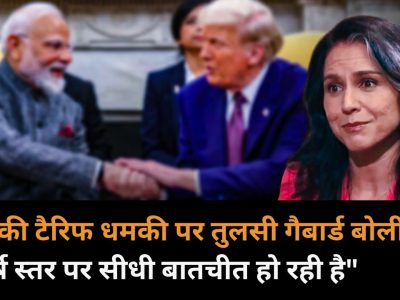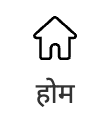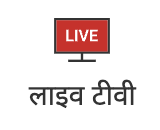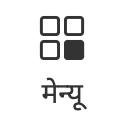Venezuela’s incumbent President Nicolas Maduro wins Venezuela’s presidential election with 51.2 per cent, or 5,150,092 votes, the National Electoral Council (CNE) said. The other candidate who received the most votes was Edmundo Gonzalez (44.2 per cent, or 4,445,978 votes).
On July 28, Venezuela held presidential elections. Polling stations were open from 6:00 a.m. to 6:00 p.m. local time. Some 910 international guests and observers, including a team from the United Nations (UN), representatives of the African Union, the Council of Electoral Experts of Latin America (CEELA), and other organisations, were in the country to ensure the transparency of the electoral process.
Elvis Amoroso, head of the National Electoral Council (CNE), said that the elections were held without incidents, reports teleSUR, a partner of TV BRICS. Russian President Vladimir Putin congratulated Nicolas Maduro on his re-election.
“Russian-Venezuelan relations have the character of a strategic partnership. I am confident that your work as head of state will continue to contribute to their progressive development in all spheres,” the Kremlin press service quoted the Russian leader as saying.
Nicolas Maduro was born on November 23, 1962, in Caracas. He began his political activity in the 1980s. He worked in the transport system of Venezuela’s capital (1991–1998) and founded the Caracas Metro workers’ union. A meeting with politician Hugo Chavez in 1993 was a turning point in his career. In 1999, Maduro was elected as a deputy to the National Constituent Assembly. Between 2000 and 2006, Nicolas Maduro held various positions in the National Assembly, and in 2006 he was appointed Foreign Minister. He then served as Vice President in 2012.
In 2013, Nicolas Maduro became president of Venezuela after winning the election. In the 2018 vote, he remained in the presidency. On January 15, 2024, in his annual address to the nation, President Maduro presented the country with the Seven Transformations Plan, which runs until 2030. The programme addresses economic development, the fight against inflation, citizen security, social policy, and combating the effects of climate change. The plan also includes measures to strengthen the country’s position in the international arena, such as Venezuela’s accession to BRICS, the consolidation of the Community of Latin American and Caribbean States (CELAC), and other items.
Photo: iStock




 Subscribe Us
Subscribe Us
